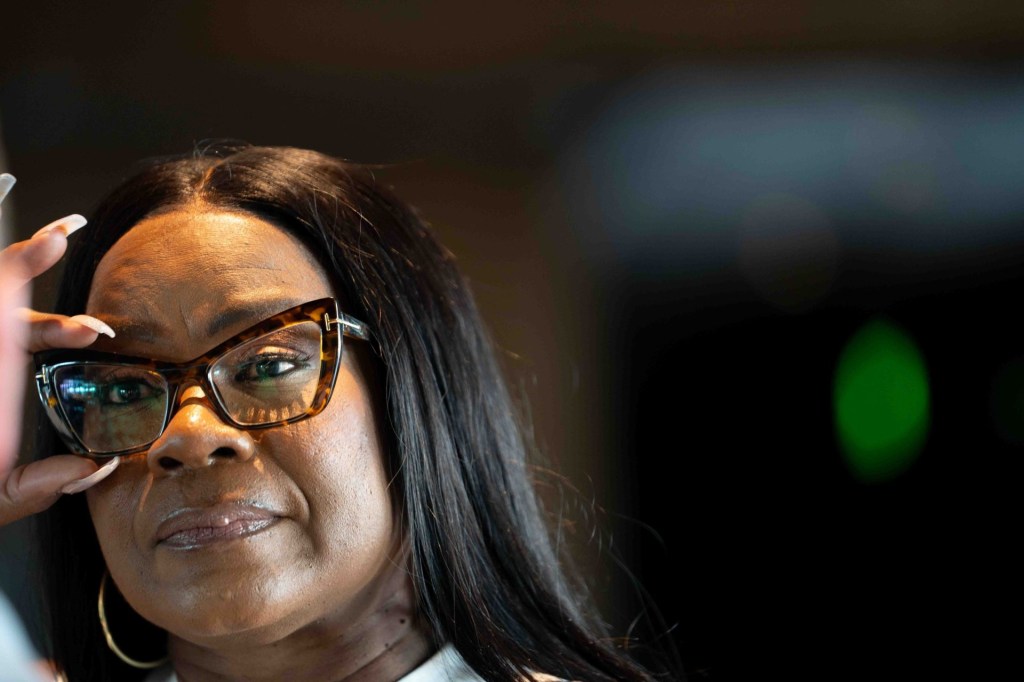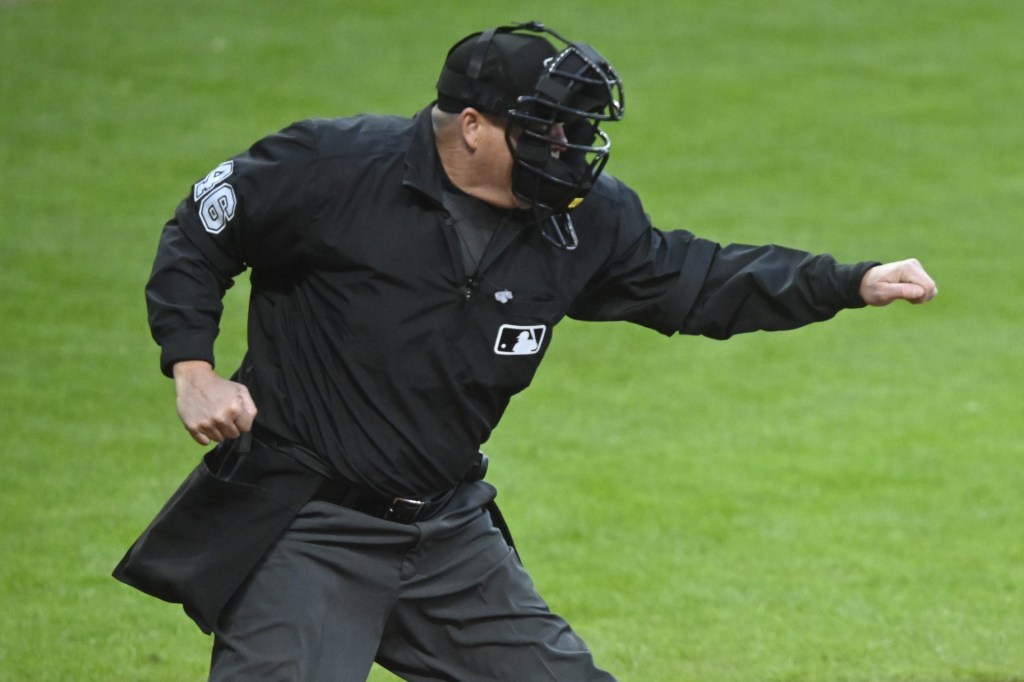Joey Chestnut’s break from hot-dog eating contests didn’t last long.
One day after Major League Eating banned Chestnut from the Nathan’s Hot Dog Eating Contest over his partnership with Impossible Foods, Netflix announced a head-to-head competition on Labor Day with the eater’s onetime biggest rival, Takeru Kobayashi. MLE is not involved in the contest whatsoever, but the league had previously told Chestnut it had no issue with him competing in an unbranded one-off. Its issue with Chestnut entirely rests on his Impossible deal.
This story is about hot dogs, but it’s really about business.
Brothers George and Richard Shea founded the “International Federation of Competitive Eating” in 1997 as a side hustle from their day jobs as high-powered public relations executives with clients across several major industries. Their brainchild, specifically the professional league, exploded in the public consciousness with the gut-busting feats of Chestnut and Kobayashi in the early 2000s, and both star eaters are now—supposedly—feuding with MLE. (Again, the Sheas are public relations executives, and MLE, Netflix, Chestnut, Impossible Foods, and Kobayashi all had polished statements and event plans ready to roll this week.)
The old beef with Kobayashi, and the new one with Chestnut, are both over exclusivity. Kobayashi refused to sign a deal with the league featuring an exclusivity clause that would allow MLE to have power over his contracts and sponsors, so he’s been out of the Nathan’s Fourth of July event since 2009. Chestnut’s situation is similar. MLE said in its official statement Tuesday that the Nathan’s competition has held the “same basic hot dog exclusivity provisions” for decades, and that the organization is “devastated” by Chestnut’s decision to break those rules. (Chestnut said that the federation is “looking to change the rules from past years as it relates to other partners I can work with.”) While Chestnut has said he is banned, MLE has been insistent that he’s not banned, and functionally banned himself. The result is the same.
MLE cofounder George Shea tells Front Office Sports that MLE has been “trying to resolve this all along,” and everyone wants Chestnut, who he calls a “hero,” in the Nathan’s competition.
Competitive eating is not like other sports in which a central league finds sponsorships for tentpole events. Rather, competitions happen because brands such as Nathan’s call on MLE to run them, sponsor them, and bring in eaters. The Nathan’s contest existed before MLE did, with the Sheas coming up with the idea for the league after already having done promotional work for the Fourth of July contest. Nathan’s would never host an event where its biggest star is hawking a competitor; it seems likely that Chestnut would have understood that a deal with a rival brand would jeopardize his participation in the annual contest.
It’s hard to imagine this happening in any other sport. It’s like if Wilson sanctioned the NBA to run the Finals, but the most famous player made a deal with Spalding, dropped out and grabbed their biggest rival to make their own competition. But the chaos is a perfect storm for Netflix, whose live sports offerings have largely stuck to staged events. The streamer recently got the media rights to NFL Christmas games and WWE’s Raw, but most of its live sports offerings have been made-for-TV events created out of thin air, including The Netflix Cup, The Netflix Slam, and the upcoming bout between Mike Tyson and Jake Paul.
Netflix did not immediately respond to a request for comment.
Also curious is Kobayashi is stepping out of retirement to take on Chestnut. He won six straight Nathan’s contests in the mid-2000s and announced his retirement from competitive eating in a Netflix documentary last month about gut health, saying,“I no longer feel hunger.”
“It’s all I have done for the last 20 years,” Kobayashi said about competitive eating in the documentary. “I am worried about what my next step will bring, but I’m also excited about my future. I have mixed feelings.”
His next step seems to be facing Chestnut, and receiving whatever large sum Netflix is offering him. “Retiring for me will only happen after I take him down one last time,” Kobayashi said of the event.
Chestnut, for his part, was paid $200,000 to eat in last year’s Nathan’s competition, and he turned down a four-year, $1.2 million deal to stay in the contest.
All of this is a blow to ESPN, who retains the rights for the Fourth of July tradition. The competition tends to draw more than one million viewers every year, but it could dramatically drop without its biggest celebrity.
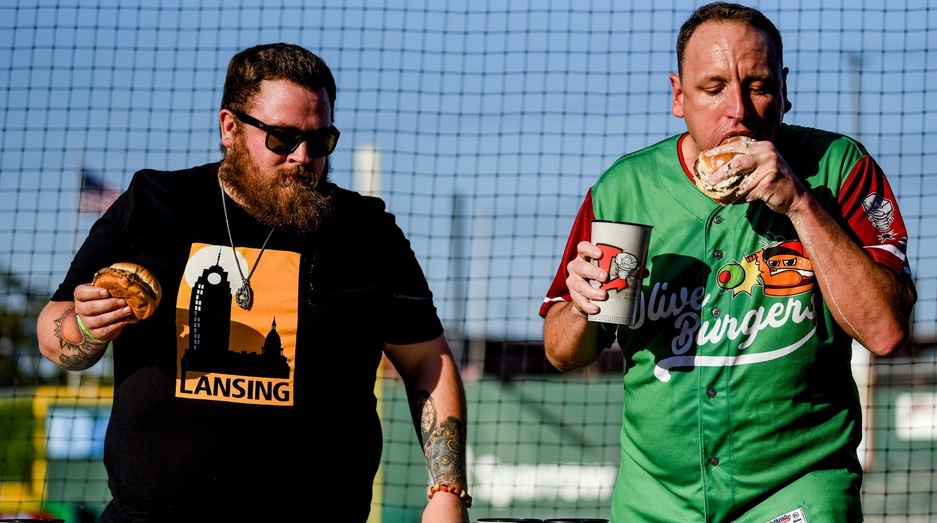
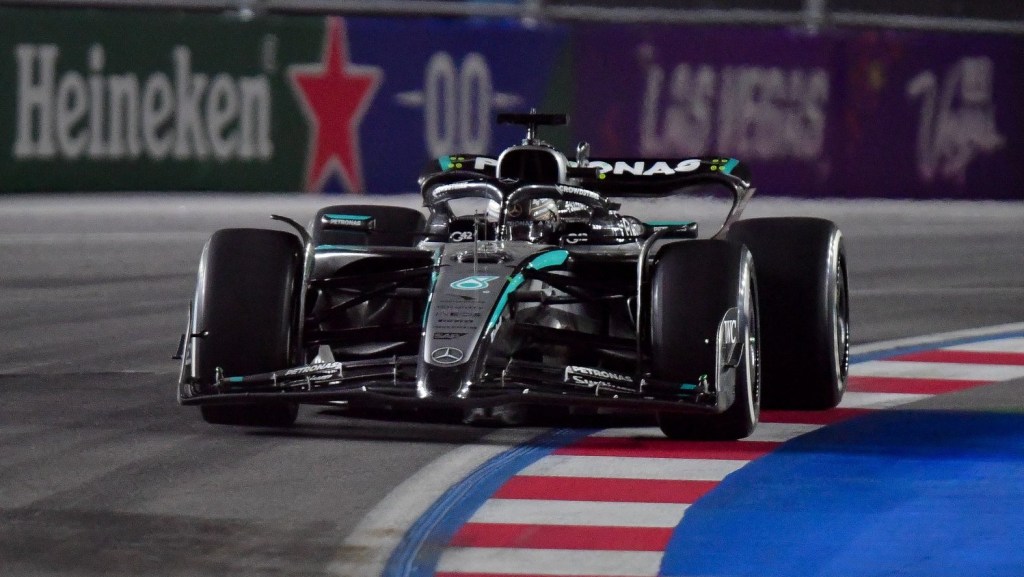
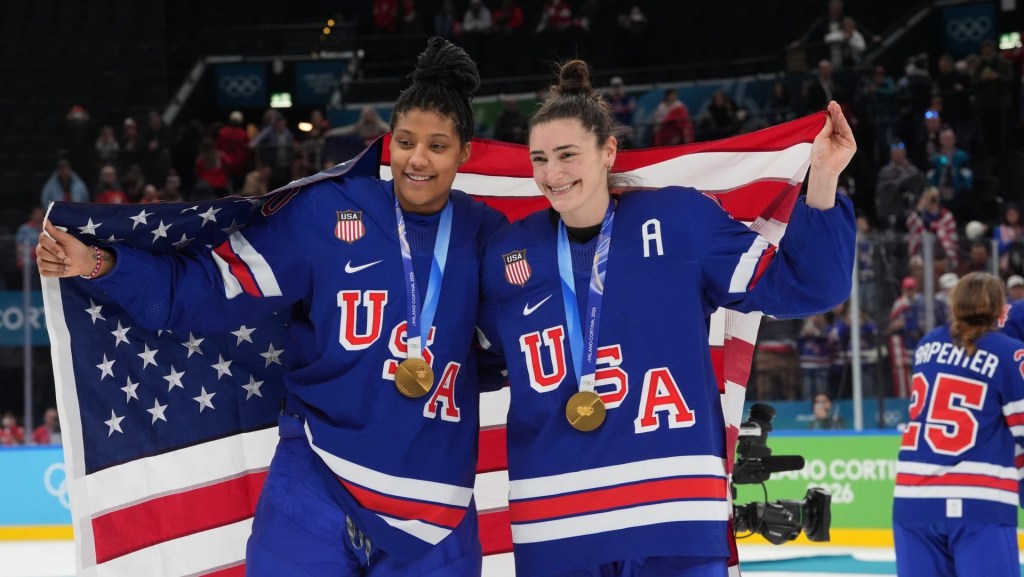
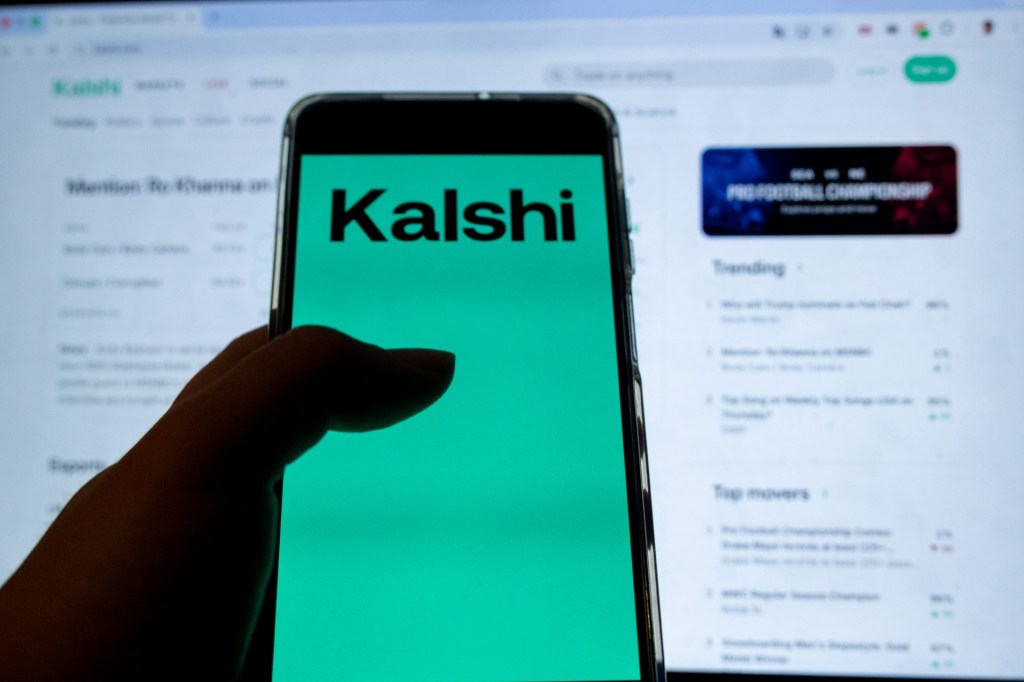
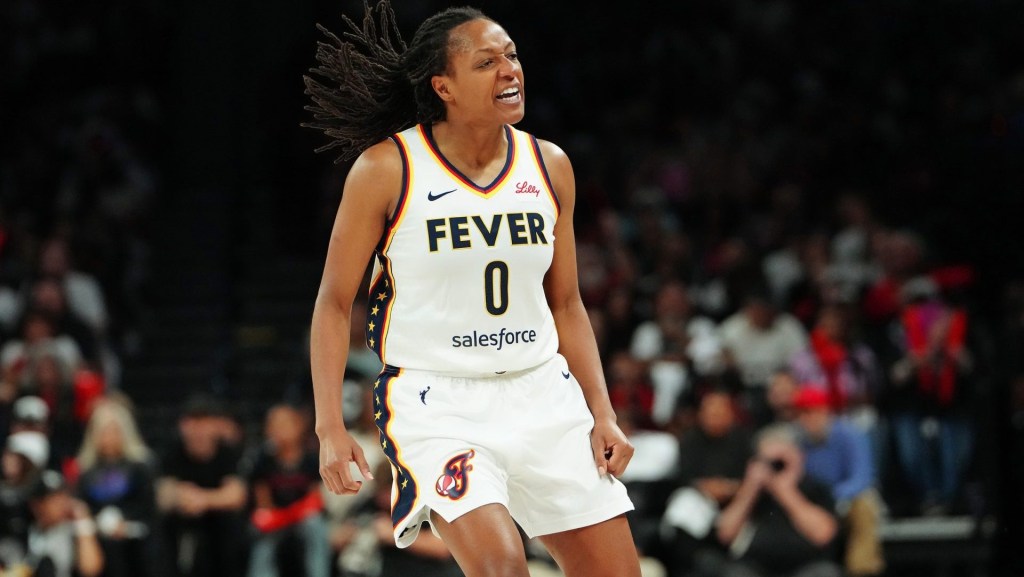
![[Subscription Customers Only] Jul 13, 2025; East Rutherford, New Jersey, USA; Chelsea FC midfielder Cole Palmer (10) celebrates winning the final of the 2025 FIFA Club World Cup at MetLife Stadium](https://frontofficesports.com/wp-content/uploads/2026/02/USATSI_26636703-scaled-e1770932227605.jpg?quality=100&w=1024)





